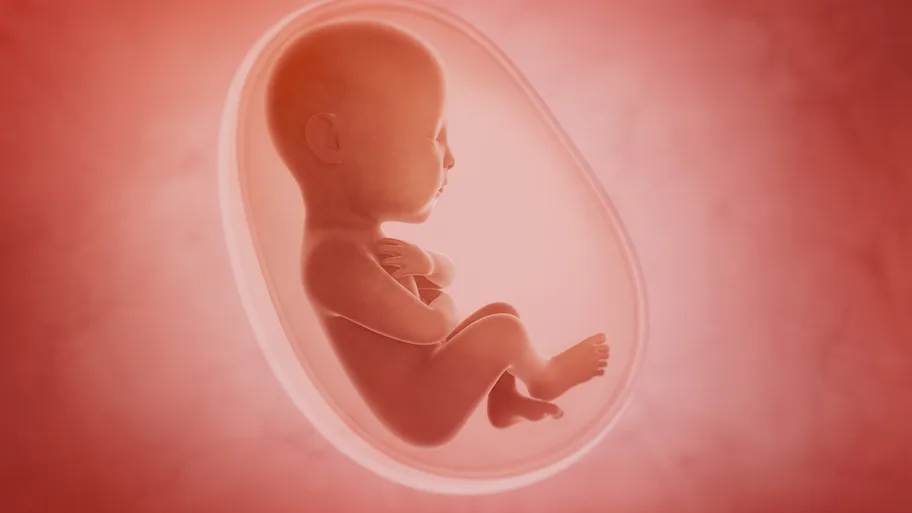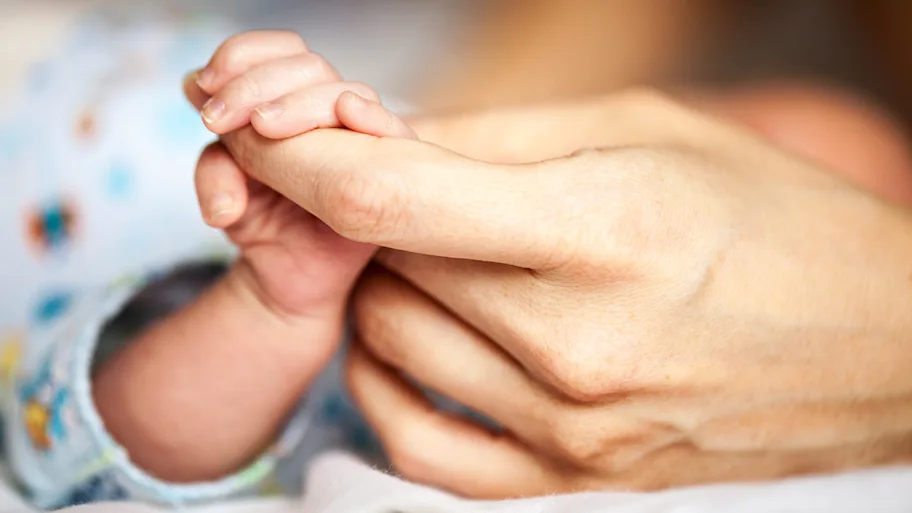
- Science News
- Humanities
- Can Birth Ever Be Completely Natural?
Can Birth Ever Be Completely Natural?

This is the question that Professor Kath Woodward, Professor Mary Christopher and Dr Sophie Woodward want to address in their inter-disciplinary Research Topic ‘Birth’.
— By Radhaika Kapur
Spring and cultural assumptions about the regeneration of our natural surroundings are linked to the birth of animals be they chicks, rabbits, or human newborns. However, the celebration of natural and biological birth is somewhat at odds with everyday practices and expectations about reproduction.
In many societies, childbirth is highly medicalized, with practitioners and midwives intervening to manage the safe delivery and health of mother and newborn. Advances in science such as IVF, surrogacy and stem-cell work are causing tectonic shifts in the management and experience of reproduction, pregnancy and birth. Technological and scientific approaches result in different experiences, which seem at odds with those considered ‘natural’. The Research Topic ‘Birth’ hosted by Professor Kath Woodward, Professor Mary Christopher and Dr Sophie Woodward aims to address the complicated relationship between often conflicting views of what is natural and provide insights across sociology, gender studies psychology and veterinary science.
We spoke to Professor Woodward, who is also Specialty Chief Editor of the section Gender, Sex and Sexuality Studies. She described one key event that drew her to vital questions and issues surrounding reproduction and birth management:
“Animals are a big part of my life and I am a dog person. I have bred dogs, lived my everyday life with dogs and loved dogs.

Professor Woodward – Specialty Chief Editor of the section Gender, Sex and Sexuality – with her dogs Hope and Gadget.
Last year, I planned to breed 2 of my Labradors, but the male dog was diagnosed with a heart condition which put into question the desirability of his fathering a litter. Nonetheless, he managed to gain access to one of the young female dogs and I was too slow to prevent a tie. I rang the vet, who said I should bring her in for the morning after injection. I knew it was the right thing to do in the circumstances, as a responsible owner. In conversation with the young vet prior to the consultation the next day, he revealed that he had been brought up locally and had attended the local Catholic School. I felt panic, as I knew I was asking for what I suspected would be deemed a termination of pregnancy and proscribed in the Catholic Church. The vet, however, reassured me that his priority was achieving the best outcome for his patient. I began to wonder if and why we apply different criteria to birth in animals versus humans.
In the end, we avoided a pregnancy which could have ended in disaster for mother and puppies, but it raised questions for me. Why did I think the vet would apply the same criteria to animals as he might to humans? How do ethical issues play out in relation to dogs as non human species?
When we make decisions about non-human species and veterinarian procedures, there are 2 parties involved: the human owner and the non human patient. In contrast, there are often at least 3 people involved in medical decisions about human birth. Doctors may have to deal with mother, father and foetus. It is not so long ago that a husband’s permission was required for a woman to obtain some varieties of contraception. Abortion raises highly contentious ethical debates.
My own experience of birth, before having my own four children, was of the non-human, especially dogs. In my youth, I spent many nights in the outside kennel as a birth attendant, marvelling at how the mother coped with the whole process. My own first, highly medicalised birthing experience was in stark contrast to the calm control of canine mothers. This profoundly enfleshed experience, which was so regulated by technological intervention, was intellectually radicalising and raised a whole range of questions about agency, control and the place of birth. This informed my subsequent decisions about how and where to give birth, as well as my writing”.
We asked Professor Woodward why it is so important to address these questions about birth now:
“Discussing issues around birth is crucial because of the dramatic scientific advances that are taking place. The production of an artificial mouse embryo from stem cells is a key example that raises all sorts of questions about living beings and how control is exercised. The scale and speed of scientific, technological and medical advances arguably gives a sense of urgency to the questions in our Research Topic.
The hard sciences are also social. There are choices made when undertaking research, when deciding what to research and how to disseminate that research. These are all social decisions that demand analysis. Developments and practices in veterinary and medical science are much more connected than might appear.
In addition to scientific advances, we are currently in a period of radical social change, especially in the transformation of familial relations, internet lives and the need to recognise diversity. Parental roles are changing and there is now a movement towards fathers being more involved in birth and childcare. Families are diverse and no longer as rigidly defined by heteronormativity. Science is enabling more people to have children and grow their families. Scientific and social developments also involve a huge change in attitudes. It is pressing that we examine the social and scientific changes which are taking place at the same time and are profoundly and inextricably interrelated.”
This Research Topic is now open for submissions. Frontiers will be at the British Sociological Association Annual Meeting next week, pop-by our booth to learn more about the journal and how to host your own themed article-collection.
Reference
Harrison, S.E., Sozen, B., Christodoulou, N., Kyprianou C., Zernicka-Goetz, M., (2017), Assembly of embryonic and extra-embryonic stem cells to mimic embryogenesis in vitro, Science, DOI: 10.1126/science.aal1810






